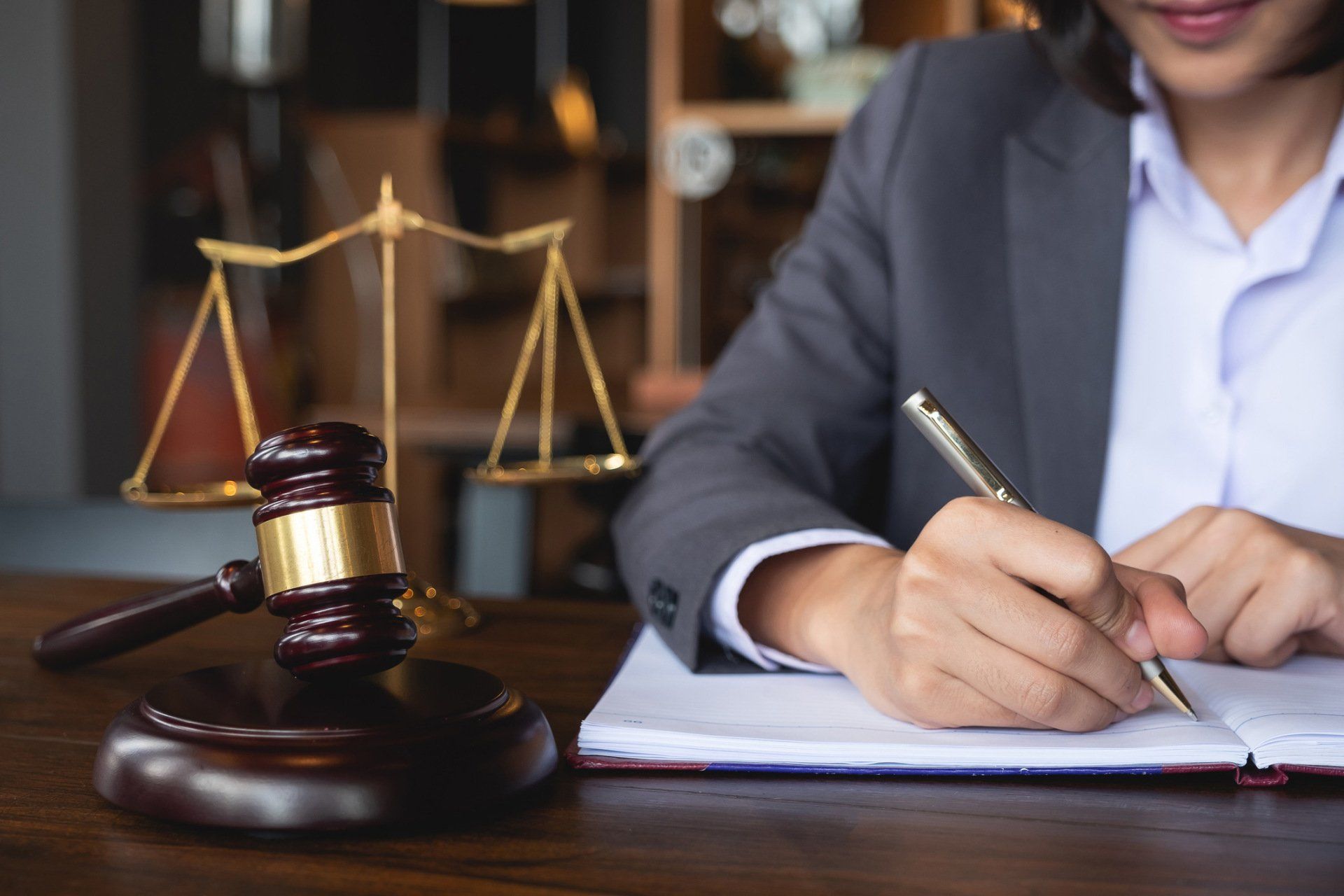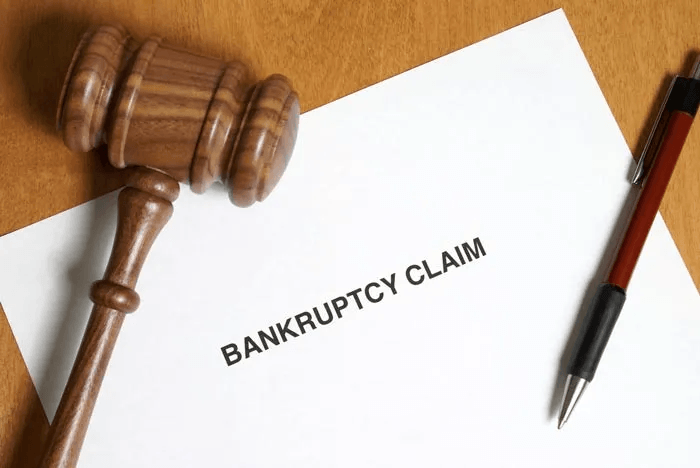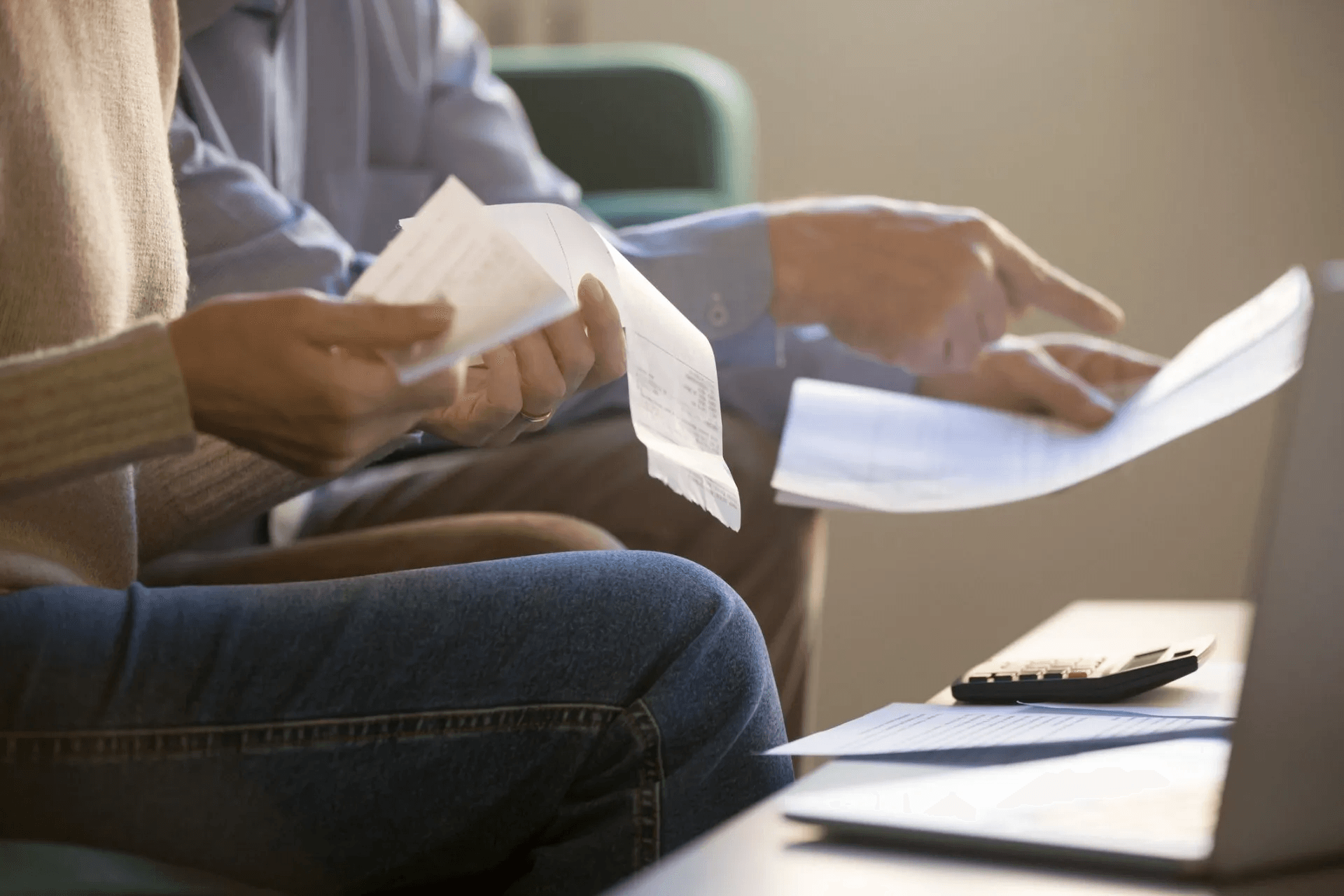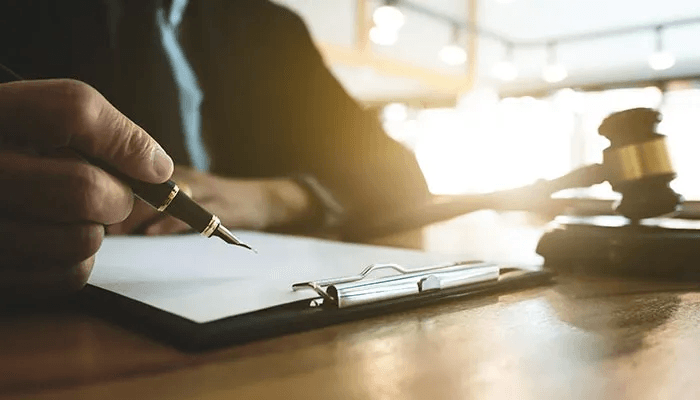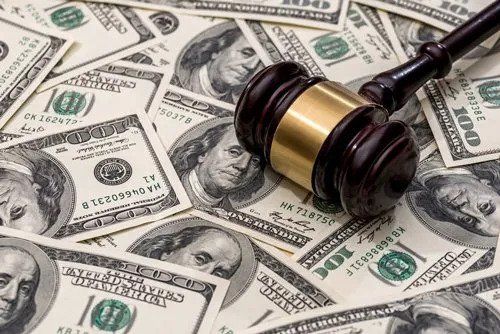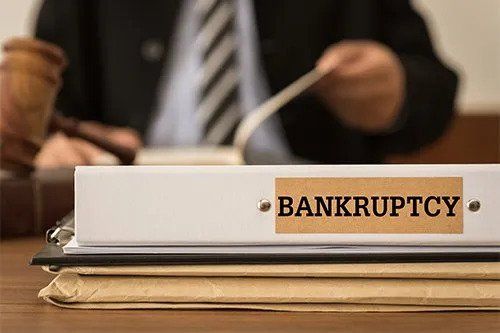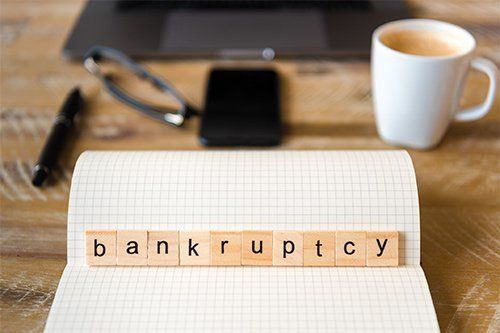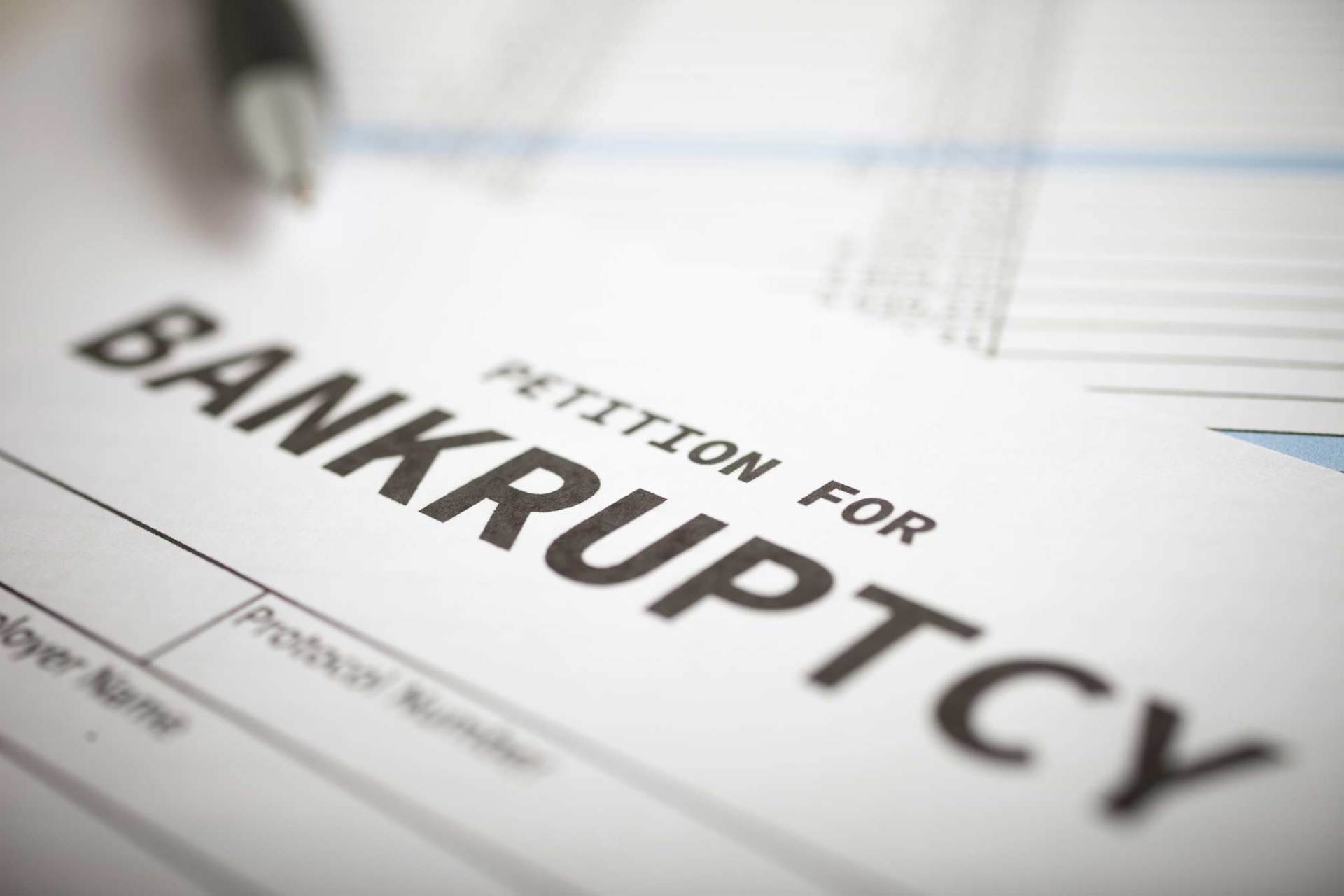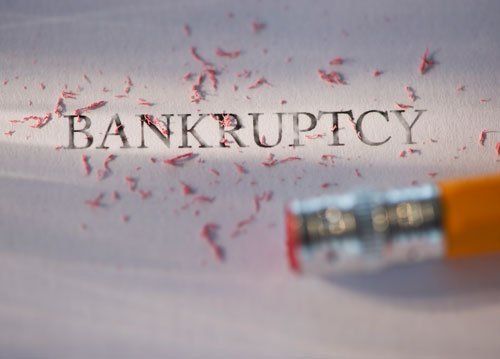5 Things To Know About The Chapter 7 Discharge
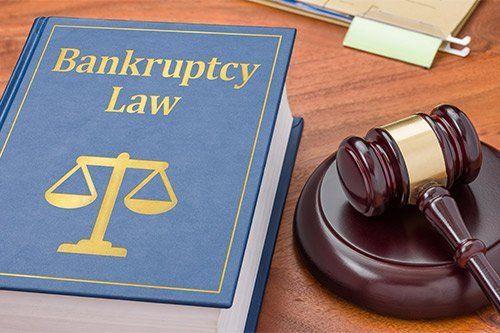
A key benefit offered through Chapter 7 bankruptcy is bankruptcy discharge, and this discharge is one of the top reasons people choose Chapter 7 over Chapter 13. If you are not familiar with bankruptcy law and facts, here are five things you should understand about the discharge offered through Chapter 7 bankruptcy.
1. What a Discharge Is
A discharge is a legal tool offered through a Chapter 7 case that offers the following:
- It releases a person's responsibility to pay a specified debt.
- It prevents a creditor from collecting the released debt.
In other words, the discharge eliminates the debts a person has and stops creditors from trying to collect these debts. If the court discharges any of your debts, you no longer owe them. You are no longer responsible to pay even part of the debts. The debts are gone completely from your life.
2. Debts Included in Most Discharges
When you pursue bankruptcy, your lawyer will take a close look at every debt you owe to determine how to classify the debts. The first type of debt you might have is unsecured debt that qualifies for a discharge, and this includes medical bills, personal loans, and credit cards.
Unless your creditors challenge a discharge of these debts, you should have no problem getting them approved for a discharge when you file. You may also receive a discharge for debts such as a deficit owed to a car lender after the lender repossessed your vehicle, and there are additional debts that may also qualify for a discharge.
3. Debts Not Included in Most Discharges
Another classification of debts is secured debts, and debts that fall into this category do not typically qualify for a discharge. Examples of secured debts include house loans and car loans. If you plan on keeping your house or car when filing for Chapter 7, you must continue making the payments on the loans, and you should not expect the court to discharge the loan balances.
Secondly, the court will not discharge debts for alimony, child support, or other types of court-ordered payments. You must pay these debts in full, even if you file for Chapter 7.
4. Debts that Can Go Either Way
In addition to dischargeable debts and non-dischargeable debts, there is a category of debts that can go either way. If you owe money on student loans or to the IRS for back taxes, you generally cannot qualify for a discharge for these. There are times, however, when they do qualify for a discharge.
To find out if your student loan debts or IRS tax debts qualify, you would need to talk to an attorney. The attorney will check to see if you meet the necessary conditions to have qualifying student loan debts or IRS tax debts, and there are specific conditions for both types of debts. If you do, the court may agree to discharge the debts, leaving you no longer liable for them.
5. The Time Frame for a Discharge
The amount of time it takes to receive a discharge in a Chapter 7 case varies, but the average time is around three to four months. This time frame is from the date in which you file; however, you should realize that it may take longer for the discharge to occur, especially if you have any complicated situations in your case.
Struggling to pay your bills and still have enough money left over for everyday expenses is never a good place to be. You can get help though and a great way to begin is by contacting McMaster Law Firm, LLC
to schedule a consultation visit with an experienced bankruptcy attorney.

